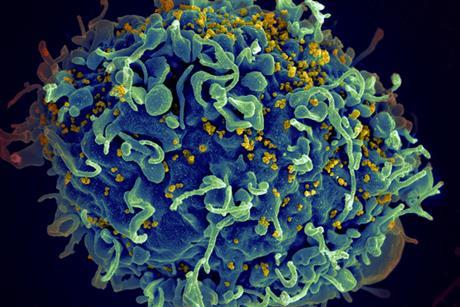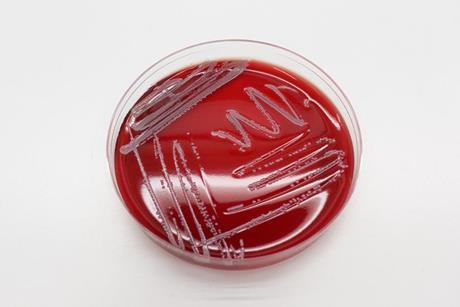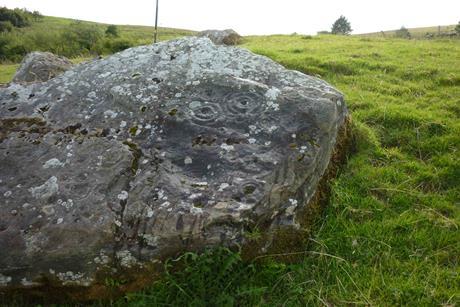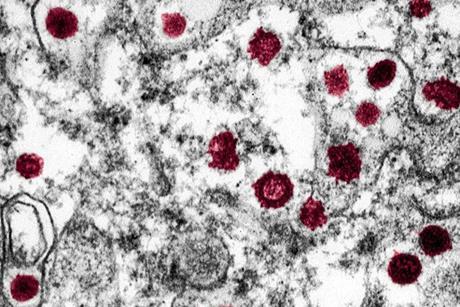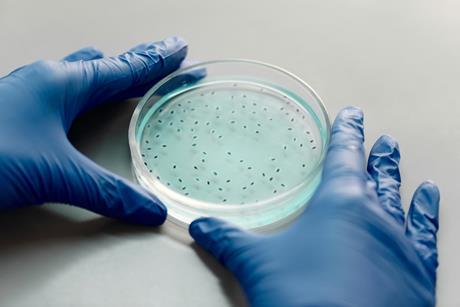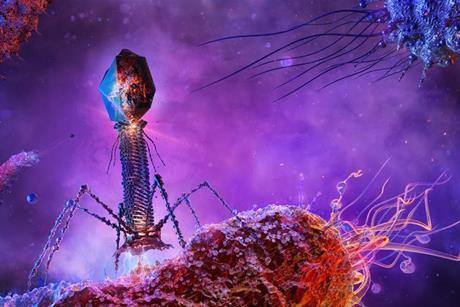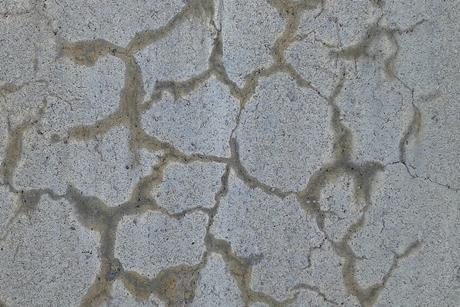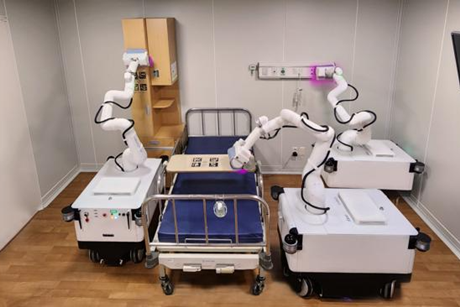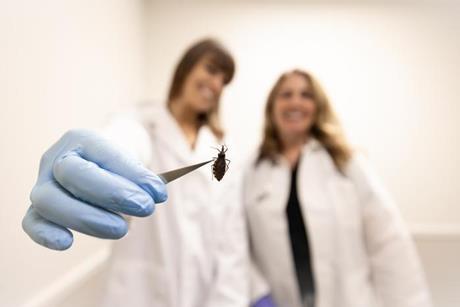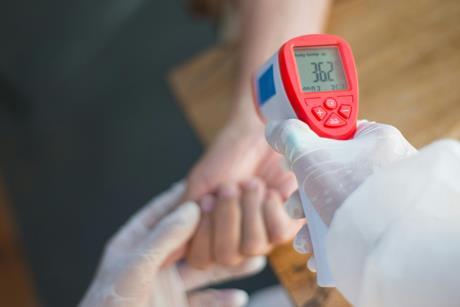Latest news
Scientists win award for bringing breakthrough HIV treatment lenacapavir into play
Three people have been awarded the AAAS Mani L. Bhaumik Breakthrough of the Year Award for their work on the first HIV drug to offer long-lasting protection from infection — eliminating the need for people to take a daily pill.
Synthetic lichen points a pathway to self-healing concrete
Addressing one of the most persistent and expensive problems in construction, scientists have taken inspiration from nature to develop a synthetic lichen system to enable concrete to self-repair.
Transforming hospital sanitation: autonomous robots for wiping and UV-C disinfection
Scientists have developed an ’Intelligent Autonomous Wiping and UV-C Disinfection Robot’ capable of automating hospital disinfection processes. The system can perform disinfection with consistent precision, significantly reducing the risk of infection within the hospital.
Global review of bird flu in cats points to risk of another pandemic
Bird flu (H5N1) is rapidly evolving into the possibility of a human pandemic, say researchers who have been documenting research on bird flu in cats and calling for urgent surveillance of cats to help avoid human-to-human transmission.
Scientists discover antibiotic resistance in newly identified bacterium
Staphylococcus borealis has been found to be resistant to several different types of antibiotics, posing a potentially significant problem for the elderly.
Foot traffic can predict COVID-19 spread in New York City neighborhoods
A new study reveals how foot traffic data from mobile devices can enhance neighborhood-level COVID-19 forecasts in New York City, providing a novel approach to predicting the spread of the SARS-CoV-2 virus and improving targeted public health interventions.
Global review of bird flu in cats points to risk of another pandemic
Bird flu (H5N1) is rapidly evolving into the possibility of a human pandemic, say researchers who have been documenting research on bird flu in cats and calling for urgent surveillance of cats to help avoid human-to-human transmission.
Scientists discover antibiotic resistance in newly identified bacterium
Staphylococcus borealis has been found to be resistant to several different types of antibiotics, posing a potentially significant problem for the elderly.
Spiritual healing sites could be linked to antibiotic-producing microorganisms
A study by AMI member Dr Gerry Quinn highlights the potential of spiritual healing sites as fertile ground for novel antibiotics, particularly from Streptomyces bacteria, known for producing the majority of current antibiotics.
Transatlantic collaboration to develop therapeutic for Crimean-Congo Hemorrhagic Fever
A new transatlantic collaboration will look to develop an affordable and accessible monoclonal antibody therapeutic for Crimean-Congo Hemorrhagic Fever Virus (CCHFV), which could treat and protect thousands of people globally.
AFYREN strengthens its Executive Committee with appointment of Laurent Pou as Industrial Director
AFYREN, a greentech company offering manufacturers biobased, low-carbon ingredients through a unique fermentation technology based on a circular model, has announced the appointment of Laurent Pou as Industrial Director.
Phage therapy at a crossroads: global experts gather for ground-breaking 2025 Congress
Global multidisciplinary experts and innovators convene for the 8th World Congress on Targeting Phage Therapy 2025 on June 10-11. This leading event is dedicated to the advancement of bacteriophage science and applications in multiple bioscience areas.
Synthetic lichen points a pathway to self-healing concrete
Addressing one of the most persistent and expensive problems in construction, scientists have taken inspiration from nature to develop a synthetic lichen system to enable concrete to self-repair.
Transforming hospital sanitation: autonomous robots for wiping and UV-C disinfection
Scientists have developed an ’Intelligent Autonomous Wiping and UV-C Disinfection Robot’ capable of automating hospital disinfection processes. The system can perform disinfection with consistent precision, significantly reducing the risk of infection within the hospital.
Foot traffic can predict COVID-19 spread in New York City neighborhoods
A new study reveals how foot traffic data from mobile devices can enhance neighborhood-level COVID-19 forecasts in New York City, providing a novel approach to predicting the spread of the SARS-CoV-2 virus and improving targeted public health interventions.
Scientists win award for bringing breakthrough HIV treatment lenacapavir into play
Three people have been awarded the AAAS Mani L. Bhaumik Breakthrough of the Year Award for their work on the first HIV drug to offer long-lasting protection from infection — eliminating the need for people to take a daily pill.
Research collaboration takes ‘one health’ approach to study Chagas disease
Researchers have received more than $4 million from federal and non-governmental organizations to support research on Chagas disease prevalence, diagnostics and treatment to benefit both dogs and humans.
Disease experts call for reinstatement of CDC’s Healthcare Infection Control Practices Advisory Committee (HICPAC)
The Society for Healthcare Epidemiology of America has called for the reinstatement of CDC’s Healthcare Infection Control Practices Advisory Committee (HICPAC), warning that decades of progress in preventing healthcare-associated infections are under threat.

